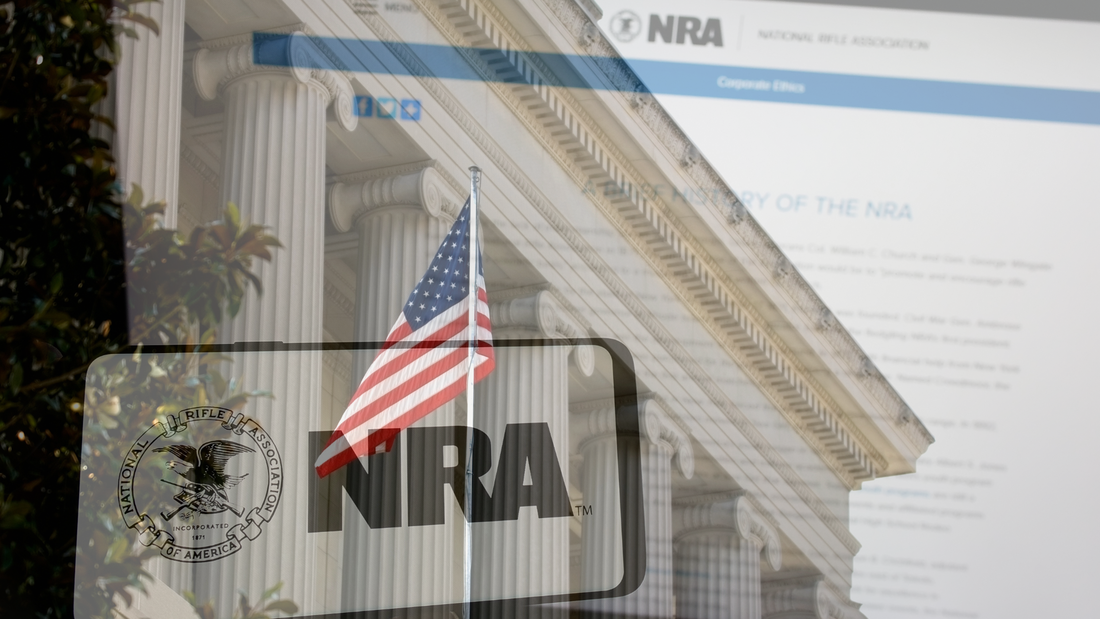National Rifle Association v. Vullo In this age of “corporate social responsibility,” can a government regulator mount a pressure campaign to persuade businesses to blacklist unpopular speakers and organizations? Would such pressure campaigns force banks, cloud storage companies, and other third parties that hold targeted organizations’ data to compromise their clients’ Fourth as well as their First Amendment rights?
These are just some of the questions PPSA is asking the U.S. Supreme Court to weigh in National Rifle Association v. Vullo. Here's the background on this case: Maria Vullo, then-superintendent of the New York Department of Financial Services, used her regulatory clout over banks and insurance companies in New York to strongarm them into denying financial services to the National Rifle Association. This campaign was waged under an earnest-sounding directive to consider the “reputational risk” of doing business with the NRA and firearms manufacturers. Vullo imposed consent orders on three insurers that they never again provide policies to the NRA. She issued guidance that encouraged financial services firms to “sever ties” with the NRA and to “continue evaluating and managing their risks, including reputational risks” that could arise from their dealings with the NRA or similar gun promotion organizations. “When a regulator known to slap multi-million fines on companies issues ‘guidance,’ it is not taken as a suggestion,” said Gene Schaerr, PPSA general counsel. “It’s sounds more like, ‘nice store you’ve got here, it’d be shame if anything happened to it.’” The U.S. Court of Appeals for the Second Circuit reversed a lower court’s decision that found that Vullo used threats to force the companies she regulates to cut ties with the NRA. The Second Circuit reasoned that: “The general backlash against gun promotion groups and businesses … could (and likely does) directly affect the New York financial markets; as research shows, a business's response to social issues can directly affect its financial stability in this age of enhanced corporate social responsibility.” You don’t have to be an enthusiast of the National Rifle Association to see the problems with the Second Circuit’s reasoning. Aren’t executives of New York’s financial services firms better qualified to determine what does and doesn’t “directly affect financial stability” than a regulator in Albany? How aggressive will government become in using its almost unlimited access to buy or subpoena data of a target organization to get its way? We told the Court: “Even the stability of a single company is not enough; the government cannot override the Bill of Rights to slightly reduce the rate of corporate bankruptcies.” In our brief, PPSA informs the U.S. Supreme Court about the dangers of a nebulous, government-imposed “corporate social responsibility standard.” We write: “Using CSR – a controversial theory positing that taking popular or ‘socially responsible’ stances may increase corporate profits – to justify infringement of First Amendment rights poses a grave threat to all Constitutionally-protected individual rights.” PPSA is reminding the Court that the right to free speech and the right to be protected from government surveillance are intwined. Comments are closed.
|
Categories
All
|


 RSS Feed
RSS Feed